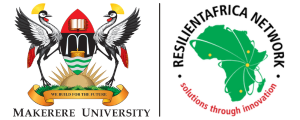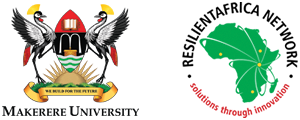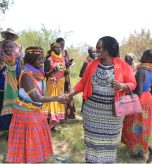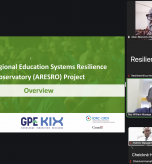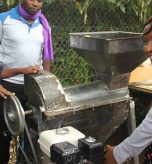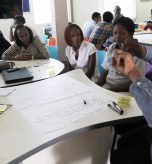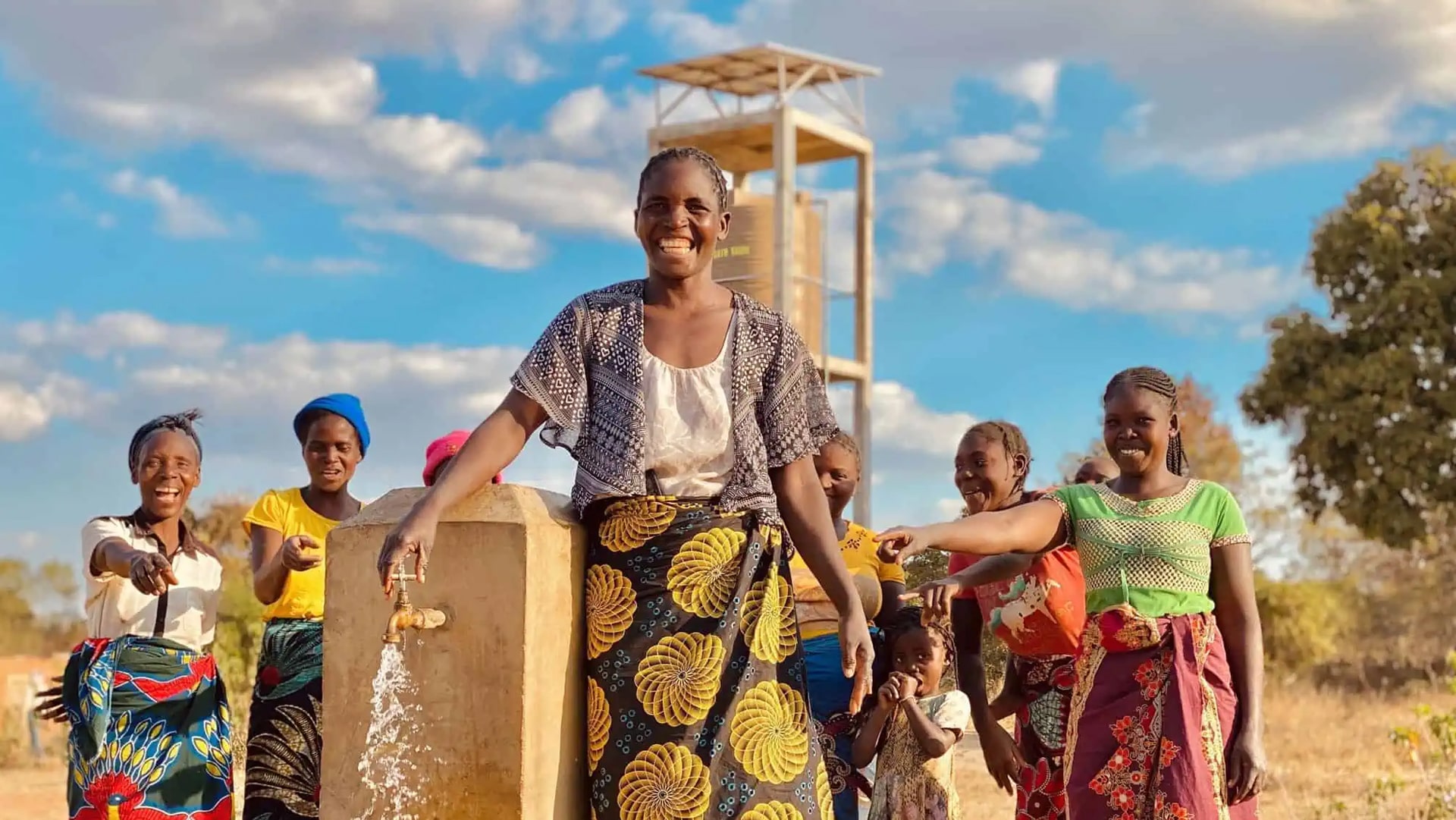
For over decades now, billions of US Dollars in aid have been injected into developing countries by different development actors to address critical humanitarian and development needs. However, many communities in developing countries continue to have recurrent cycles of shocks and stresses from vulnerability factors. There is therefore a need to move these communities from being dependent to becoming self-reliant.
Self-reliance is one of the most important factors required for transformation of communities in developing countries. Self-reliance is defined as the ability for individuals, households, communities and societies to take ownership of their development goals and to take development matters in their own hands so as to drive their communities into development. Self-reliance is therefore defined by independence.
Agency is influenced by self-efficacy: The belief in one’s ability to perform specific tasks to achieve a challenging goal; motivation: the drive to take and sustain initiative; and skills: the capacity to use the local resources to perform the desired social change initiative. In order for development interventions to be sustainable, they ought to unravel the agency of community members to take ownership of the investments and carry them forward.
Through ResilientAfrica Network (RAN), USAID’s Centre for Development Research is targeting to support interventions that will identify, incubate and bring to scale initiatives that will promote sustainable self-reliance of communities in developing countries, to break the cycles of dependence that constrain their resilience to recurrent livelihoods shocks, stresses and spur them into transformation towards a higher development status. RAN proposes to test, incubate and support the transition to scale of an intervention that draws on building the agency of communities in Uganda and Malawi to foster their self-reliance in addressing three interrelated development issues within their local livelihoods ecosystem.
In Uganda, self-reliance will build in basic education and youth livelihoods while in Malawi agriculture will be targeted.
